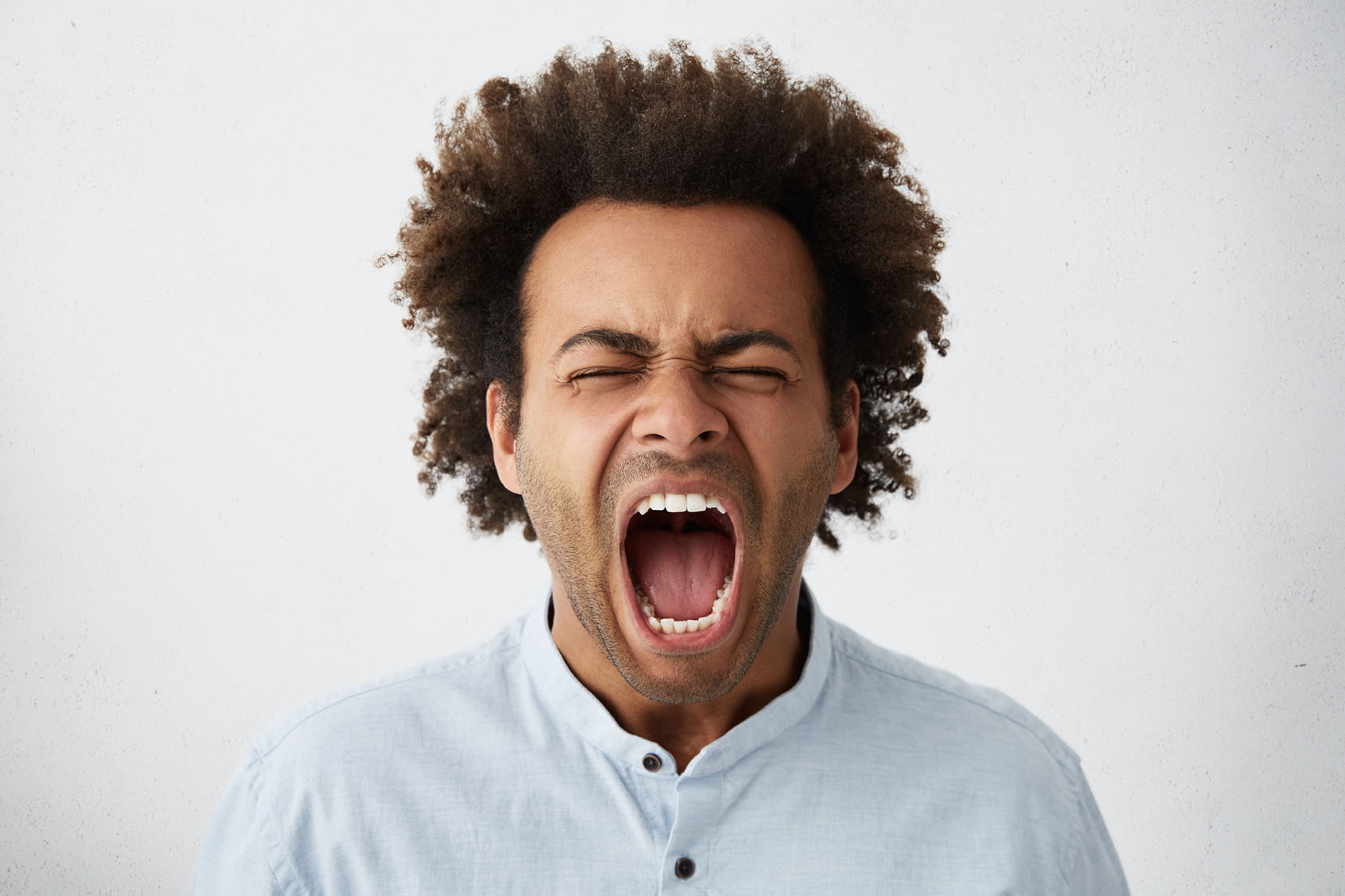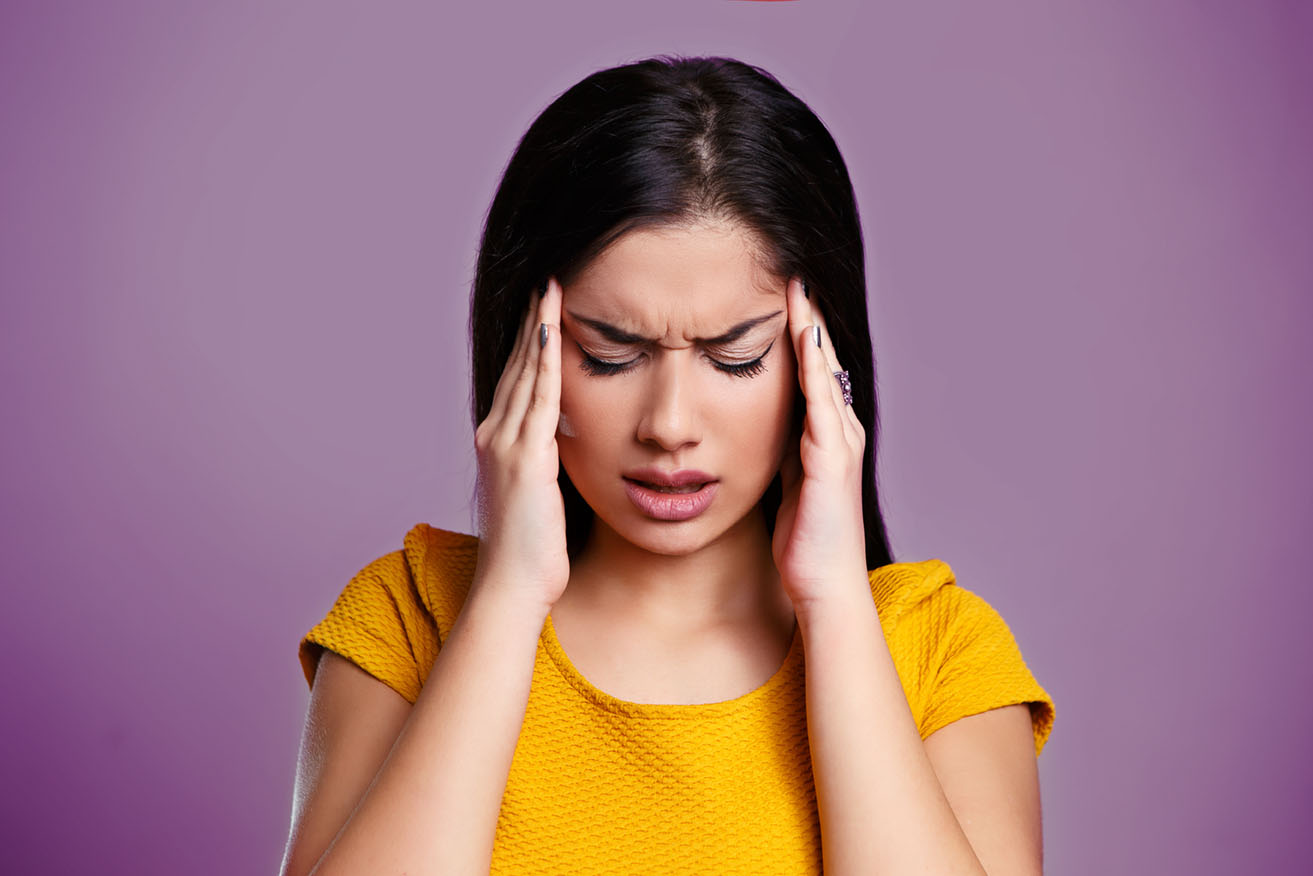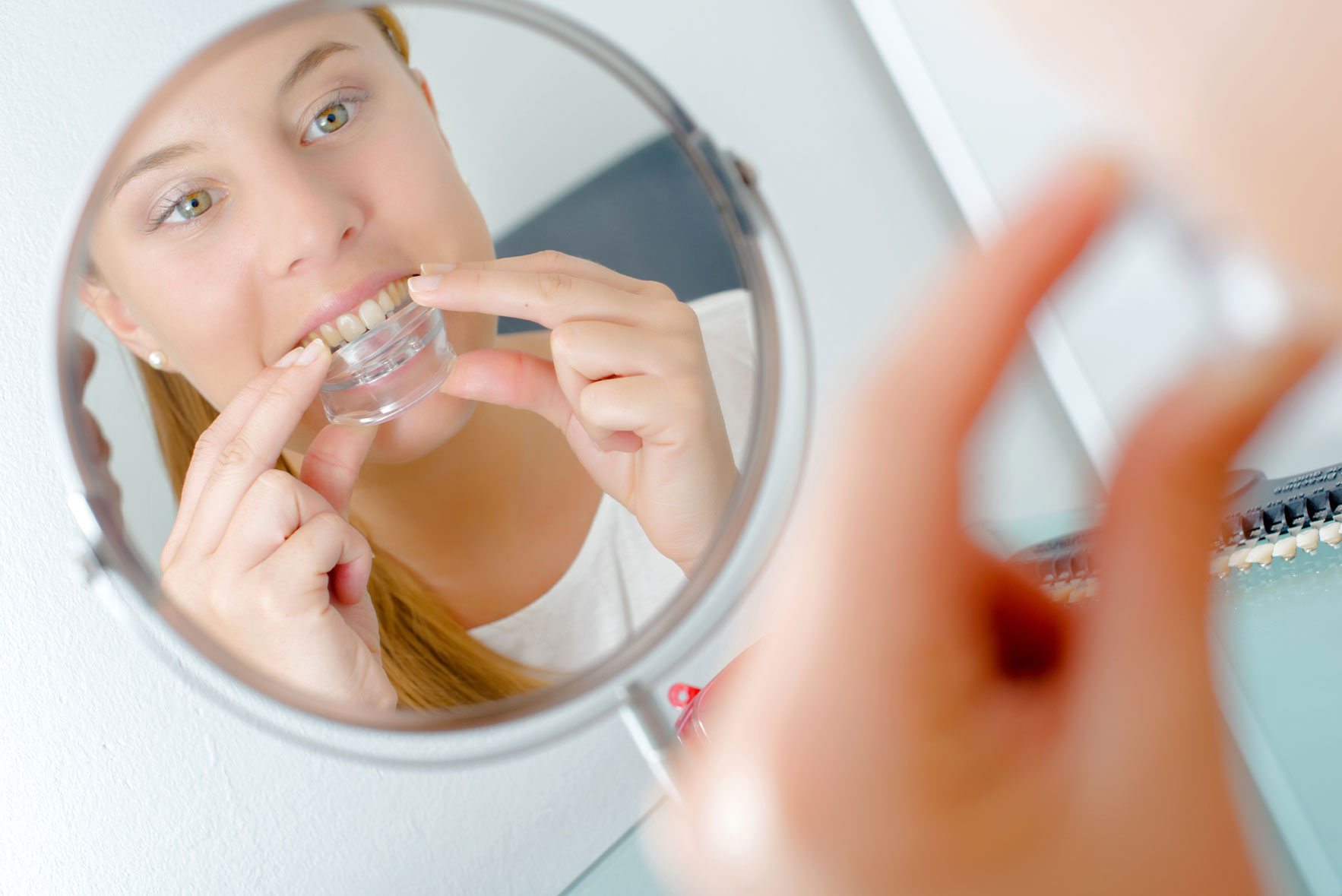What is TMJ?
Ask a TMJ Dentist
Known for its propensity for getting completely out of whack, the temporomandibular joint (TMJ) is the joint that connects the jaw to the rest of the skull. When it becomes injured or misaligned, it can lead to pain in the head, jaw, neck and ears as well as frequent headaches/migraines. If you are experiencing any of these symptoms, you should contact a TMJ dentist to get a diagnosis.
TMJ Symptoms
Some of the most common and telling symptoms of a TMJ disorder are:
- Pain in the jaw joint itself
- Clicking and popping of the jaw as it opens and closes
- Earaches
- Frequent headaches or migraines
- In addition to these common TMJ symptoms, some patients also suffer from the following symptoms:


TMJ Causes
Among the many different causes of TMJ, here are the likeliest:
- Teeth grinding
- A history of accidents or trauma
- An overbite
- Ill-fitting Dentures
- A history of reconstructive dental/orthodontic work
TMJ Treatment
There’s no one-size-fits-all solution for TMJ disorders. Generally, our treatment plans involve a combination of methods, including:
NTI Technology
An NTI device is a mouthguard used to prevent grinding of the teeth. It’s normally used for the beginning stages of treatment for cases of moderate pain and is usually very effective. By our clinical observation, it’s been shown to help about 50% of migraine sufferers when fitted properly.
However, if improperly adjusted, an NTI device could cause more pain. If you have this device and it is not providing pain relief, consult us to find out if it needs to be refitted or if your condition warrants more advanced care.


Lower Splints
After wearing an NTI device for a period of time, patients can work up to the lower splint. Splints used for TMJ are dental appliances that go over the teeth and keep your teeth separated. These help by taking some pressure off the teeth and jaws, and they can also deter grinding.
A lower splint is often the most effective appliance to correct jaw imbalances and provide relief for even the worst headache and migraine sufferers.
Dental FAQs
Bright Side Dental wants to do our best to help educate our patients.
If your question is not listed below, please do not hesitate to call a TMJ dentist at 1-800-Painless (1-800-724-6537).